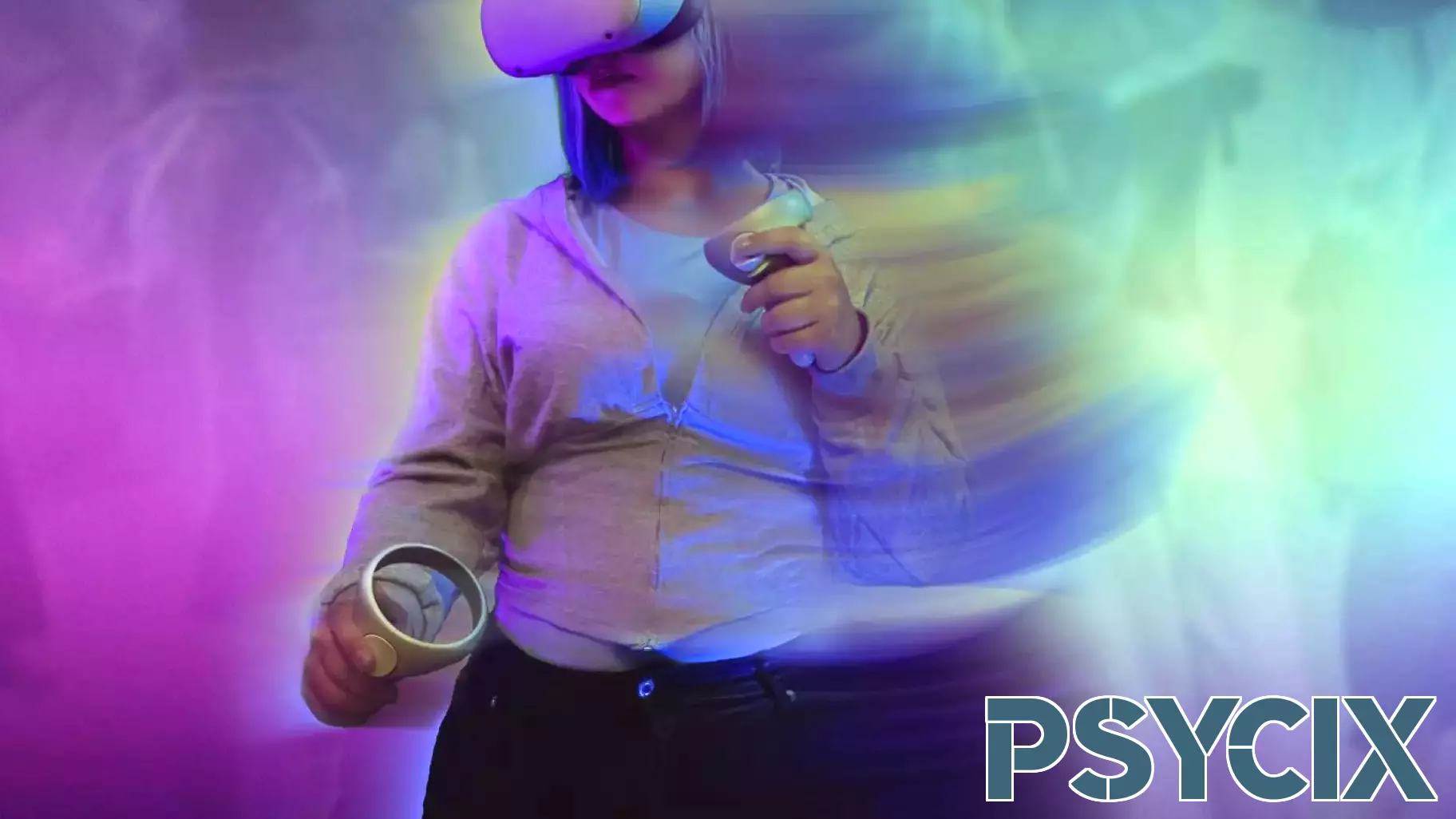November 29, 2024 - 05:13

Virtual reality (VR) is revolutionizing the approach to understanding and addressing prejudice by providing immersive experiences that foster empathy and promote social change. This innovative technology allows individuals to step into the shoes of others, experiencing life from different perspectives. By simulating real-world scenarios, VR can effectively highlight the biases and challenges faced by marginalized groups, encouraging users to reflect on their own beliefs and attitudes.
Research indicates that these immersive experiences can lead to significant shifts in perception, making participants more aware of their implicit biases. VR applications are being developed for various settings, including educational institutions, workplaces, and community outreach programs. These programs aim to create a safe space for dialogue and understanding, enabling participants to confront their prejudices in a controlled environment.
As VR technology continues to advance, its potential for prejudice reduction becomes increasingly evident. By harnessing the power of empathy, virtual reality is paving the way for a more inclusive society, fostering connections and understanding among diverse populations.



